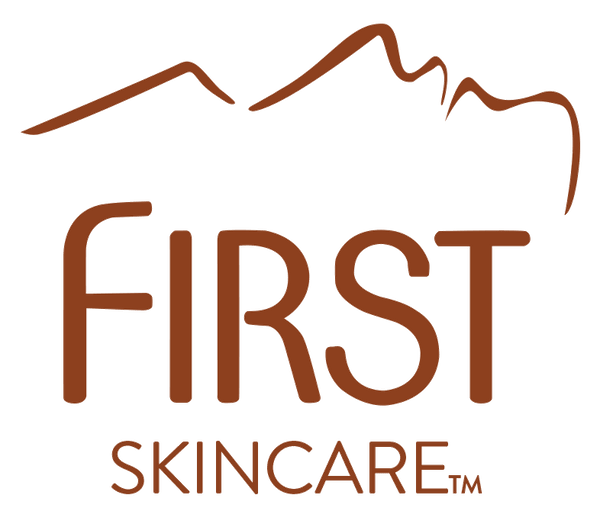“Clean beauty” has become a catchphrase over recent years, but where did it come from and what does it really mean?
In the 1990’s, lab tests showed that skincare and cosmetic products contained low-cost filler components concealed with metals such as lead, cadmium, aluminum, barium, and mercury. These had acute and chronic toxic effects to different body organs like cancer, gastro-intestinal and kidney dysfunction, skin lesions, and nervous system disorders to name a few. The metal ingredients slowly poisoned the users’ body without their knowledge as they continuously used those products to look beautiful.
However, things changed thanks to a few brands that invested in extensive research and technology in order to determine and use alternative ingredients that are natural, plant-derived, and safe. It sparked motivation among other brands worldwide to follow suit. Thus, the concept of “clean beauty” evolved as more consumers also became more conscious of the contents of the everyday products they use.
Clean beauty transformed people’s self-care routines as it took over skin care, cosmetics, haircare, fragrance and nail care. However, it does not mean 100% perfect; it does not have to be all-natural, preservative-free, etc. It simply teaches us that certain man-made ingredients are clean as long as they’re safe and non-toxic. Therefore, clean beauty means toxic-free beauty.
Clean beauty focuses on excluding ingredients from skincare and cosmetic products that are potentially harmful to our health such as paraben, sulfate and phthalate to name a few:
- Paraben is a synthetic preservative that increases the product’s shelf-life. It can cause skin to get brittle, inflamed, cracked, painful, and develop rashes and other problems. It can also lead to fast skin aging. Paraben is known to disrupt hormone production, which is an effect linked to infertility and an increased risk of breast cancer.
- Phthalate is a group of chemicals commonly used to make plastics more durable and flexible. It also acts as a binding agent in soaps, lotions, shampoo, and nail polish. Phthalate is known to have a negative long-term impact on the success of pregnancy, child growth and development, and reproductive systems in both young children and adolescents.
- Synthetic sulfate-based compounds like sodium lauryl ethyl sulfate (Sodium Laureth Sulfate; SLES) and sodium lauryl sulfate (SLS) are often added to personal care products like soap and shampoo. These can cause skin irritation, dermatitis and allergic reactions. Sulfates can also clog pores making skin prone to acne.
FIRST for WOMEN | FIRST for MEN Skincare products live up to the clean beauty principles. They’re paraben-free, phthalate-free, sulfate-free, toxic-free, and are safe to use. Check out our Women I Men pages for more product information.

